#1 Tip For Employee Engagement: Start By Doing Team-Building Right
Employee engagement is a buzzword that gets thrown around a lot in the corporate world. But what does it really mean?
The definition may vary from organisation to organisation, but in essence, if employees are engaged with their work, they will be more productive, creative, and likely to stay with the company.
In theory, it sounds simple enough. But we all know that keeping employees engaged isn't quite as straightforward as it seems.
What Do The Statistics Show?
A study commissioned by the ADP Research Institute that surveyed over 19,000 workers revealed that only 11% of Singaporean employees feel "fully engaged" at work. In comparison (an unfavourable one at that), the average global engagement score stands at 14%.
To bridge the gap, many organisations begin channeling a portion of their budget to team-building activities, thinking that these will solve their problems with employee engagement.
Unfortunately, most decision-makers (i.e. the one making the call on which team bonding activity to decide) might not be making informed decisions.
There Is A "Wrong Way" To Do Team-Building
The truth is, many team-building sessions end up as a "fun day out," signing up for a group activity like pottery, laser tag, or cooking classes.
Others who opt for strategic team-building activities might end up with a corporate team-building vendor who specialise in activities that promote teamwork during the session – like putting people together in rooms to build models, play games, or the infamous trust fall – but fall short (pun intended) in providing relevant and applicable action steps that they can use come Monday morning.
Don't get me wrong. These activities and a "fun day out" may be fun and interesting. In fact, it's probably vital to keep things lighthearted from time to time. But, more often than not, teams can spend an entire "team-bonding day" together but come out of it knowing next to nothing about how their team members work.
This results in a vicious cycle of teams going for team-building after team-building, where what transpires only scratches the surface and doesn't produce lasting results.
Start Doing Team-Building Right
When team-building is done right, it equips teams to nail the objectives that the team-building workshop set out to achieve, to begin with.
At Strengths School, these are the main takeaways from great team-building sessions that we believe employees should leave with:
They identify their unique working style
Teams that are highly engaged consist of team members who are fully aware of their natural abilities. They know what they bring to the table, and they are fully engaged because they believe in what they contribute to the team.
When we talk about team-building sessions to boost employee engagement, employees should leave with a renewed awareness and confidence in their working style. This helps them know that what they offer is unique, has value, and is important to the success and performance of the team.
They understand that everyone has a different working style
Great corporate team-building workshops will not stop there. They dig deep to equip the team to understand the different working styles of each team member.
This builds empathy in the team because team members are now able to understand the viewpoint of another team member, especially when there are conflicting viewpoints. They begin to realise why a certain team member approaches job tasks the way they do, instead of being left confused every time they encounter differences in how they approach a task.
They appreciate the differences in working styles in their team
In the grind of the day-to-day, it's easy to become task-oriented and compromise on the relational aspect when dealing with fellow team members. In the heat of the moment, it's also easy to overlook the "good" in others and become critical.
This is where a team-building session should include practical models on how to build a culture of appreciation in the team. When team members begin to view each other's differences in a positive light, they are then able to appreciate the diversity of opinions and approaches, instead of shutting each other down.
They leverage these differences to maximise collaboration
A culture of appreciation builds employee engagement by giving team members a sense of belonging and recognition. But a culture of appreciation must lead to a culture of collaboration.
The hallmark of a great team-building workshop is one that equips teams to take advantage of these differences to foster collaboration. This is where the team is equipped with tools to discover what it means to leverage the existing differences and use them to achieve new peaks of performance.
Final Thoughts
As we step into the workplace of the future, where remote work is thrown into the mix, employee engagement remains one of the – or if not the most – important factors that determines the longevity of the success of an organisation.
Sure, organisations can turn to team-building activities to boost their employee engagement levels, as they have attempted to in the past. But as we now know, a highly engaged workforce can only be built through team-building when team-building is done right.
So let's start there.
Written by Rachel Chai
Connectedness • Empathy • Strategic • Belief • Context
Rachel is a Strengths School™ Certified Strengths Trainer and the Content Lead at Strengths School™. Being deeply introspective, she believes in helping others draw connections between how their unique strengths play out in their lives.



